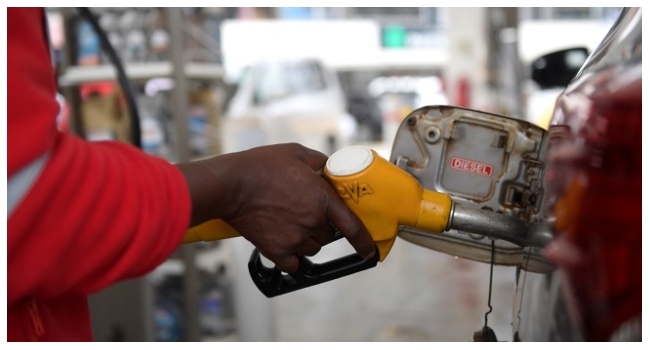The Depot and Petroleum Products Marketers Association of Nigeria (DAPPMAN) has disputed claims by the Dangote Refinery that it can single-handedly supply enough petroleum products to meet the country’s needs. This comes as the Nigeria Union of Petroleum and Natural Gas Workers (NUPENG) is on strike, sparking fears of a potential fuel shortage.
A spokesman for the Dangote Refinery, Anthony Chiejina, stated that the country would not experience a petrol shortage despite the ongoing strike. However, the Executive Secretary of DAPPMAN, Femi Adewole, countered this claim, saying that depot owners, including DAPPMAN members, still supply the largest quantity of petroleum products to the country.
According to Adewole, DAPPMAN members and other depot owners supply approximately 68% of the country’s petroleum products. He noted that while the Dangote Refinery has the capacity to supply a significant amount of fuel, it does not sell to depot owners at a competitive price, forcing them to import products from other sources.
For instance, in May, about 1.7 billion liters of Premium Motor Spirit (PMS) were supplied to the country, with the Dangote Refinery accounting for only 24% of the total supply. In June, the Refinery’s supply dropped to 20% of the total 1.4 billion liters of PMS supplied to the country.
Adewole stated that depot owners are willing to purchase products from the Dangote Refinery if it agrees to a fair pricing framework. He noted that the current pricing disparity, with the Refinery selling to international traders at a lower price than to depot owners, makes it difficult for them to stay in business.
The strike by NUPENG was sparked by the Dangote Refinery’s refusal to allow its tanker drivers to join labor unions. Adewole explained that the management of the Refinery had initially refused to allow union activities, contrary to the International Labor Organization (ILO) and Nigerian constitution provisions that allow workers to unionize freely.
Although the Refinery has since approved the workers’ request to join the union, the issues are not fully resolved, particularly concerning the downstream sector. The strike has raised concerns about the potential impact on fuel supply and prices in the country. As the situation continues to unfold, it remains to be seen how the dispute will be resolved and what effects it will have on Nigeria’s petroleum industry.
